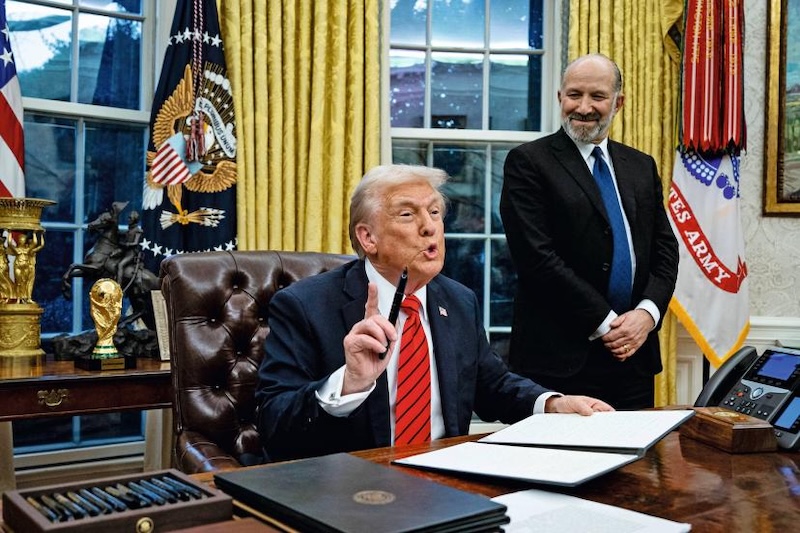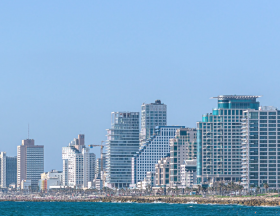Middle Eastern countries are exposed to the Trump administration's recent foreign policy announcements and decisions in very different ways. Most scenarios exist in the region: a country extremely close politically to the United States; several countries benefiting from recurring financial support that could be weakened by a potential US withdrawal; and finally, a country considered an enemy by the United States, whose antagonistic nature could be reinforced by the Trump II administration.
The inauguration of the Trump II administration is expected to accentuate the political trends observed towards Israel and Iran, and penalize Iraq through transience.
Israel enjoys a privileged relationship with the United States, and this trend has strengthened since the arrival of the Trump II administration. Acts demonstrating this closeness have multiplied in recent months.
Benjamin Netanyahu, in particular, was the first foreign leader received at the White House. The new US administration has mobilized financially to support Israel, with USD 12.5 billion being paid since Trump took office, an amount equivalent to that granted by the Biden administration for the entire year 2024 (USD 14 billion).
Conversely, Iran is subject to a “maximum” pressure strategy that could lead to a deterioration in its economic situation in the medium term.
This pressure has resulted in a decrease in oil exports, which are expected to fall to no more than 1 Mb/d in January 2025, compared to an average of 1.6 Mb/d in 2024. These trends could pose significant risks to the Iranian economy. Iraq could also be heavily impacted by the new US policies.
The cessation of Iranian electricity imports in dollars is forcing Iraq to reduce its energy dependence on Iran and accelerate its diversification programs.
Also, under the “Stop Harboring Iranian Petroleum Act” (SHIP Act), the US administration could impose sanctions against Iraqi individuals and legal entities involved in the financing and marketing of Iranian petroleum products.
Egypt and Jordan, structurally dependent on US financial support, should benefit from the continuation of some of the aid granted to them.
In Jordan, the main recipient of US aid, budgetary support (USD 650 million) and military aid (USD 400 million) should be maintained. In Egypt, the military aid deployed was exempted following the announcement of the suspension of US aid programs in January 2025.
The countries in the region that previously received USAID funding are all affected by their withdrawal, but the Palestinian Territories (PT) are disproportionately impacted. USAID funding has amounted to USD 2.1 billion for humanitarian aid since October 7 and USD 500 million per year for development.
No country has been spared by the tariff increases announced by Donald Trump in early April.
Jordan and Egypt saw their tariffs increase by 10%. Israel was not spared, having to pay additional taxes of 17%. Iraq, for its part, was subject to customs duties of 39%.
The sectors affected are very diverse. Egyptian and Jordanian exports to the United States are primarily textiles and amounted to USD 6.1 billion and USD 2.7 billion in 2024, respectively.
Source: French Embassy in Lebanon










Réagissez à cet article